Throughout the 2010s, baby boomers were subjected to countless reminders of their own impending mortality. For the first time, the phrase “50th anniversary reissue” was no longer limited to ancient jazz and doo-wop records from the 1950s, a time when color TV was a novelty and D-Day was fresher in memory than 9/11 is for us today. Instead, the big Five-Oh started coming for The Beatles, The Rolling Stones, The Beach Boys; the counterculture was officially elderly. Of course, the slow march never ceases, and while such milestones are inevitable for anyone and everyone, the seismic cultural reordering of the ‘60s makes it so that these can’t help but feel different. With each landmark birthday of a classic album that goes by, we’re afforded another opportunity to revisit and reassess the music that defined a bygone era and served as the building blocks for many of the sounds and styles we hear today. Yet the vast majority of the time, these opportunities are really no more than excuses to relisten to some old favorites—most listeners probably aren’t gleaning much more from their 501st spin of ABBEY ROAD than they got out of the first 500. However, as the abject shittiness of 2020 presses on into the new year, there is one timeless album crossing over to the other side of the proverbial hill that may just be even more relevant now than it was when it came out back in the small months of 1971: Carole King’s legacy-defining masterpiece TAPESTRY.
Carole King has one of the great stories in (soft) rock ‘n’ roll history. She married boyfriend Gerry Goffin after becoming pregnant at the age of 17, working as a secretary in the daytime and writing songs with her husband in the evenings. It didn’t take too long for their songs to find an audience, and she soon became one of the preeminent (and underappreciated) songwriters in the entire industry, providing the music for Goffin’s lyrics on a string of hit songs through the 1960s. After falling out with and divorcing Goffin in 1968, King set off on her own, moving to Los Angeles and releasing her debut album, WRITER, in 1970, which despite an unremarkable reception established King as a solo artist and set the stage for what was to follow the next year.
That brings us to 1971. I won’t dedicate more than a few sentences to re-litigating the excellence of TAPESTRY. Half the songs on the album have transcended the album itself with time: “I Feel The Earth Move” was a Billboard #1 hit, “It’s Too Late” and “You’ve Got A Friend” took home Record and Song of the Year at the Grammys, “Will You Love Me Tomorrow?” and “(You Make Me Feel Like) A Natural Woman” were huge hits for The Shirelles and Aretha Franklin, and “Where You Lead” would go on to immortality as the theme song of GILMORE GIRLS. It’s simply an airtight display of sterling songcraft, King’s mastery of melody, lyricism, and arrangement all plainly self-evident. Most importantly, as a singular moment of triumph for a supremely talented woman, TAPESTRY just teems with an irresistible gravity and clarity of purpose that goes a long way towards making it endlessly relistenable. Its energy is immensely powerful, its songs eternal.
And so here we are, 50 years later. The very idea of socialization as we once knew it feels like a distant pipe dream, every day it seems someone else whose name you know loses their job or worse, and our great nation is several weeks deep into its inauguration victory laps while everything feels just as bleak as it did in October. Even now, as I look out my window, I’m subjected to snow banks you could hide a sedan in and sub-zero wind chills. It takes either fabulous wealth or a truly dynamite support system to be almost a year deep into the COVID experience in America and not feel marooned. So what could a breezy 45 minutes of early ‘70s Laurel Canyon soft rock possibly have to offer us of any import? The answer, it turns out, is quite a lot.
While the parallels between a paralyzing and devastating viral pandemic and one woman’s empowering journey out of the shadow of her husband’s last name and into the spotlight of mainstream stardom may not be immediately apparent, it doesn’t take a particularly exhaustive look at TAPESTRY’s contents for them to begin to come into focus. The songs on TAPESTRY are largely concerned with themes that ring truer now than they perhaps ever have: the agony of separation, the uncertainty and confusion of isolation, the depersonalization that accompanies trauma, the jadedness and cynicism that forms alongside acceptance and grace. The most impressive thing about King’s unassailable songwriting on this record is her ability to touch on and replicate incredibly specific moods and combine them to create moving emotional profiles with real depth and impact in sometimes very brief moments. She never just seeks to translate her pain into song, but to cut it with companionship, soothe it with serenity, and render it streaked with yearning and self-actualization. These songs speak directly to many anxieties and troubles that often feel entirely specific to the time we’re living in, and they do so with a warmth and compassion that are nearly impossible to find anywhere else.
TAPESTRY arrived at a time when America was as fractured as it had been in decades, still reeling from the violence and upheaval of the previous decade and the ongoing conflict in Vietnam. It held the top spot on the Billboard 200 for 15 consecutive weeks, relegating to a silver medal Janis Joplin’s posthumous PEARL, yet another icon of the youth movement taken too soon. It thrived as a beacon of light in a dark time, and while the unassuming style of artists like Carole King was thoroughly passe by the prosperous Reagan era, sidelined for ever-sleeker and more exciting sounds, perhaps it’s in the heart of a time darker still that we can more truly realize what made it so resonant in its day. After all, sometimes what we really need is just a little honest goddamn humanity. The next time you’re feeling the way I think we’ve all felt from time to time as this new, warped reality stretches on towards its second year, give TAPESTRY a spin. You may find it understands you better than you’d expect.


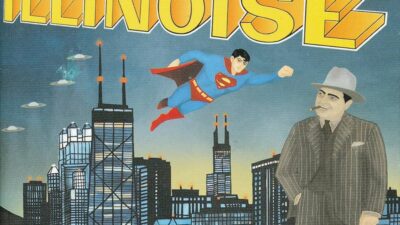
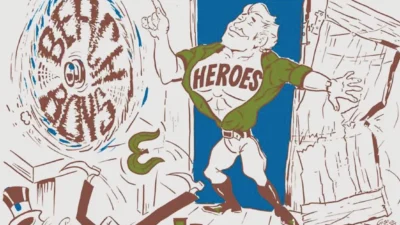

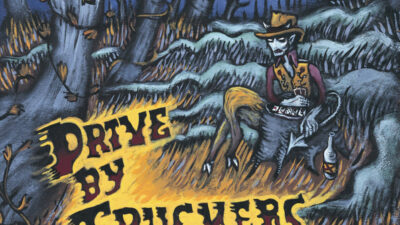

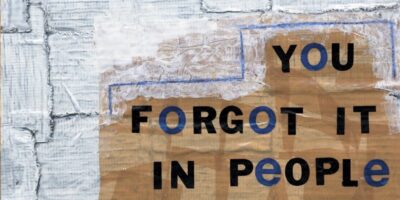


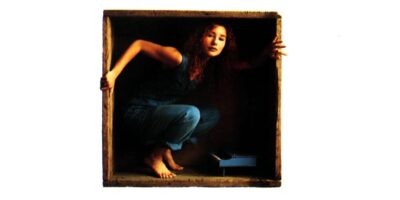




Comments